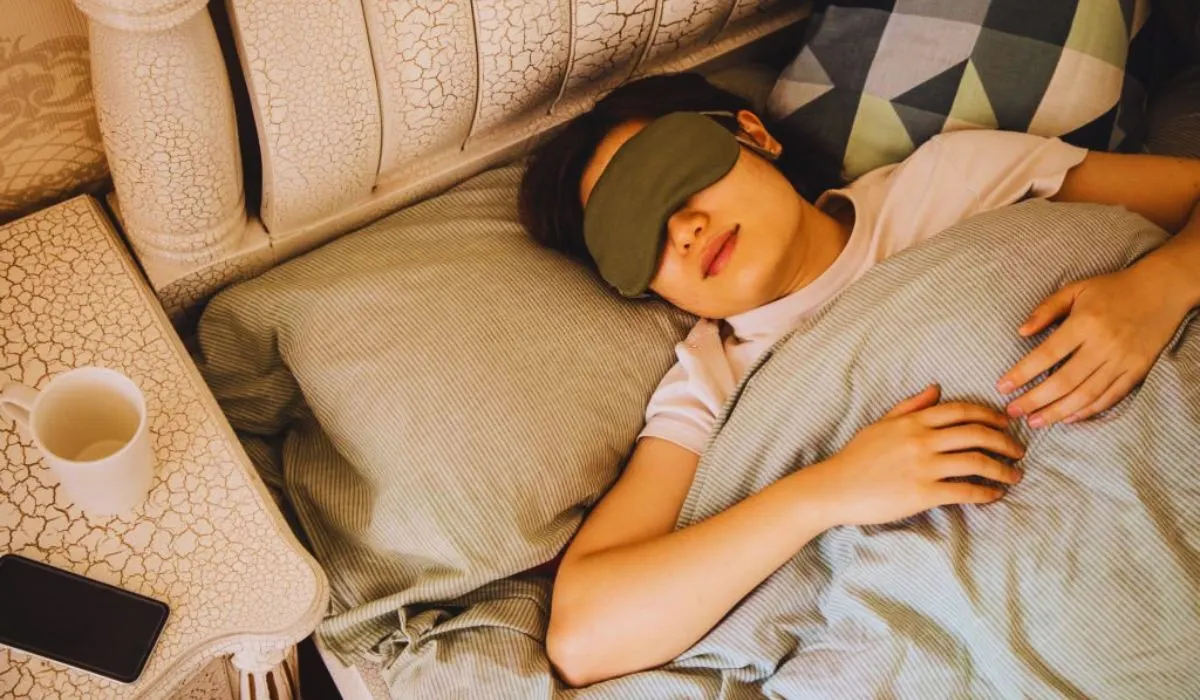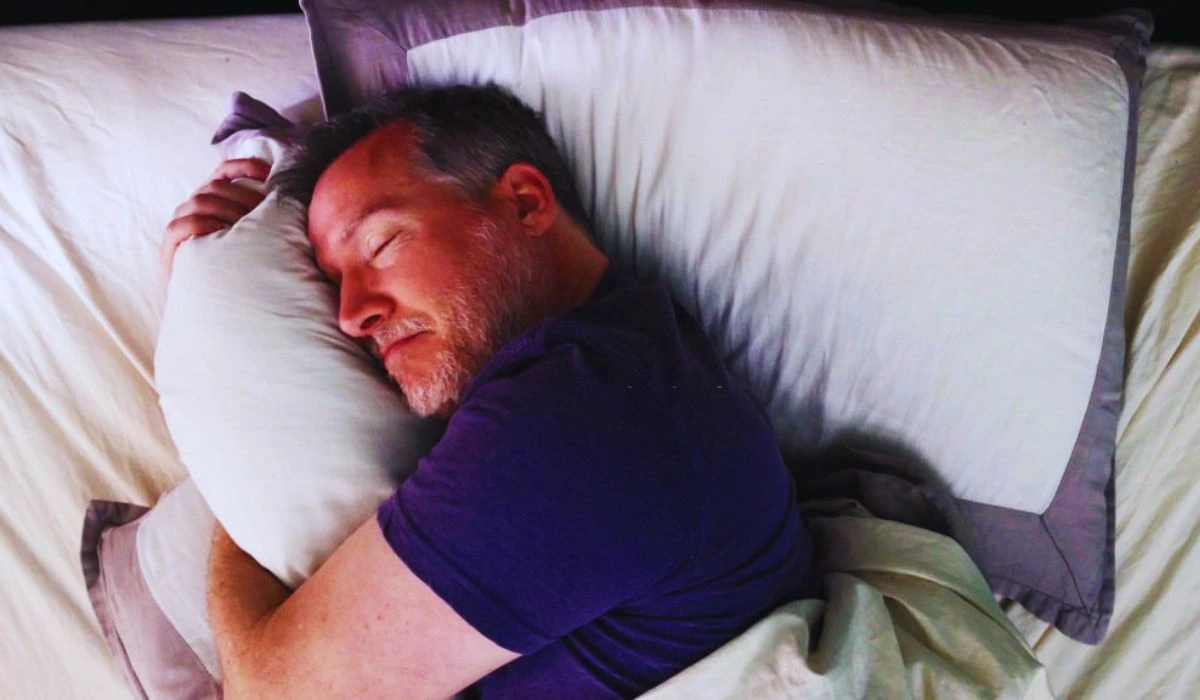Getting enough good-quality sleep is extremely important for both physical and mental health. Unfortunately, many people struggle to get the recommended 7-9 hours of sleep per night. Living a fast-paced, high-stress lifestyle can interfere with the ability to unwind and fall asleep.
Additionally, some underlying health issues may also cause sleep disturbances. The good news is that there are many simple and natural ways to promote better sleep. Establishing consistent sleep-promoting habits and optimizing the sleep environment can help improve sleep quality without the need for medications.
Importance Of Good Sleep: Health Benefits

High-quality sleep provides a wide array of benefits that are vital for overall health and well-being. Some of the key reasons why good sleep is so important include:
- Improved memory and concentration: sleep allows the brain to consolidate memories and process information from the day. Lack of sleep impairs focus, attention, and cognitive performance.
- Metabolic health: During sleep, important metabolic hormones like melatonin and human growth hormone are released. Poor sleep is linked to weight gain and diabetes risk.
- Immune function: sleep deprivation suppresses immune system function, increasing susceptibility to infections and illness.
- Mood regulation: Getting adequate sleep regulates emotional balance and reactivity, while sleep deficits are closely tied to depression and anxiety disorders.
- Cardiovascular health: blood pressure and chronic inflammation decrease during sleep. Sleep disorders like insomnia and sleep apnea increase the risk of heart disease and stroke.
- Disease prevention: Chronic lack of sleep is associated with increased risks of serious medical conditions like obesity, heart disease, diabetes, and cancer.
How To Improve Sleep Quality Naturally?
Making positive lifestyle changes can optimize the sleep environment and establish routines that promote restful sleep. Some of the most effective natural ways to enhance sleep quality include:
- Maintain a consistent sleep schedule: Going to bed and waking up at the same time every day helps regulate the body’s internal clock for better sleep-wake cycles.
- Exercise during the day: Moderate exercise helps relieve stress and tires the body, making it easier to fall and stay asleep. However, avoid exercising right before bedtime.
- Wind down before bed: Relaxing activities like light reading, taking a bath, or listening to soothing music prepare the mind and body for sleep. Turn off screens at least an hour before bed.
- Keep the bedroom dark, cool, and quiet: An optimal sleep environment is between 60 and 75°F with minimal noise and light. Consider using blackout curtains, a fan, or a white noise machine.
- Avoid large meals before bed: Eating too close to bedtime can lead to reflux and disruptive digestive issues that interfere with sleep.
- Establish a calming pre-bed routine: Rituals like gentle yoga, journaling, or meditation can help transition into a peaceful, relaxed state before bed.
- Limit naps: While short power naps can help boost energy levels, long or late naps can make it harder to fall asleep at night.
- Avoid caffeine, alcohol, and nicotine: Caffeine and nicotine are stimulants that can delay sleep onset. Alcohol may help induce sleep but cause sleep disruption later.
Factors Ruining Sleep Quality

Many lifestyle habits and underlying medical conditions can degrade sleep quality, leading to daytime fatigue and impaired performance. Common factors that can ruin sleep include:
- Stress: Work, family, health, or financial stresses keep the mind overly active and anxious at night, making it difficult to relax and fall asleep.
- Environmental factors: noisy neighborhoods, uncomfortable beds, bright lights, and improper room temperature—can prevent deep, continuous sleep.
- Electronic use before bed: blue light from TV, phones, and computers suppresses melatonin production, delaying sleep onset.
- Eating too late: Consuming heavy, spicy, or sugary foods too close to bedtime can lead to indigestion and disrupted sleep.
- Irregular sleep schedules: Frequent changes in sleep timing can confuse the body’s circadian rhythms, causing daytime sleepiness.
- Underlying health issues: sleep apnea, acid reflux, chronic pain, and frequent urination from conditions like prostate disease—can wake people repeatedly.
- Medications: Some prescriptions like steroids, blood pressure medications, and antidepressants may impair sleep as a side effect.
- Sleep disorders: Conditions like insomnia, sleep apnea, restless leg syndrome, and nighttime cramps or muscle spasms can greatly impact sleep.
Conclusion
Poor sleep has widespread detrimental effects on nearly every aspect of health and quality of life. Thankfully, making simple tweaks to daily routines and optimizing sleep hygiene can help induce consistent, restful sleep and improve health.
Focus on winding down properly before bedtime, maintaining a cool, dark, and quiet sleep environment, sticking to a regular sleep-wake cycle, and limiting sleep disruptors. Establishing healthy sleep habits naturally is a wise long-term investment for physical and mental well-being.
FAQs
A: Most adults need 7-9 hours of good-quality sleep per night. The exact amount varies based on age and individual factors.
Foods high in tryptophan, like milk, eggs, nuts, seeds, turkey, and bananas, help induce drowsiness. Chamomile tea and foods with magnesium also aid sleep.
A: High-intensity exercise before bed can make it harder to fall asleep. Light yoga or stretching in the evening can help relax muscles.
A slightly cool room around 65°F is optimal for sleeping. Hot rooms can cause restlessness, while very cold temperatures may disrupt sleep.
A: Stop using phones, TVs, tablets, and computers at least 1 hour before bed to allow melatonin release and sleep onset.

